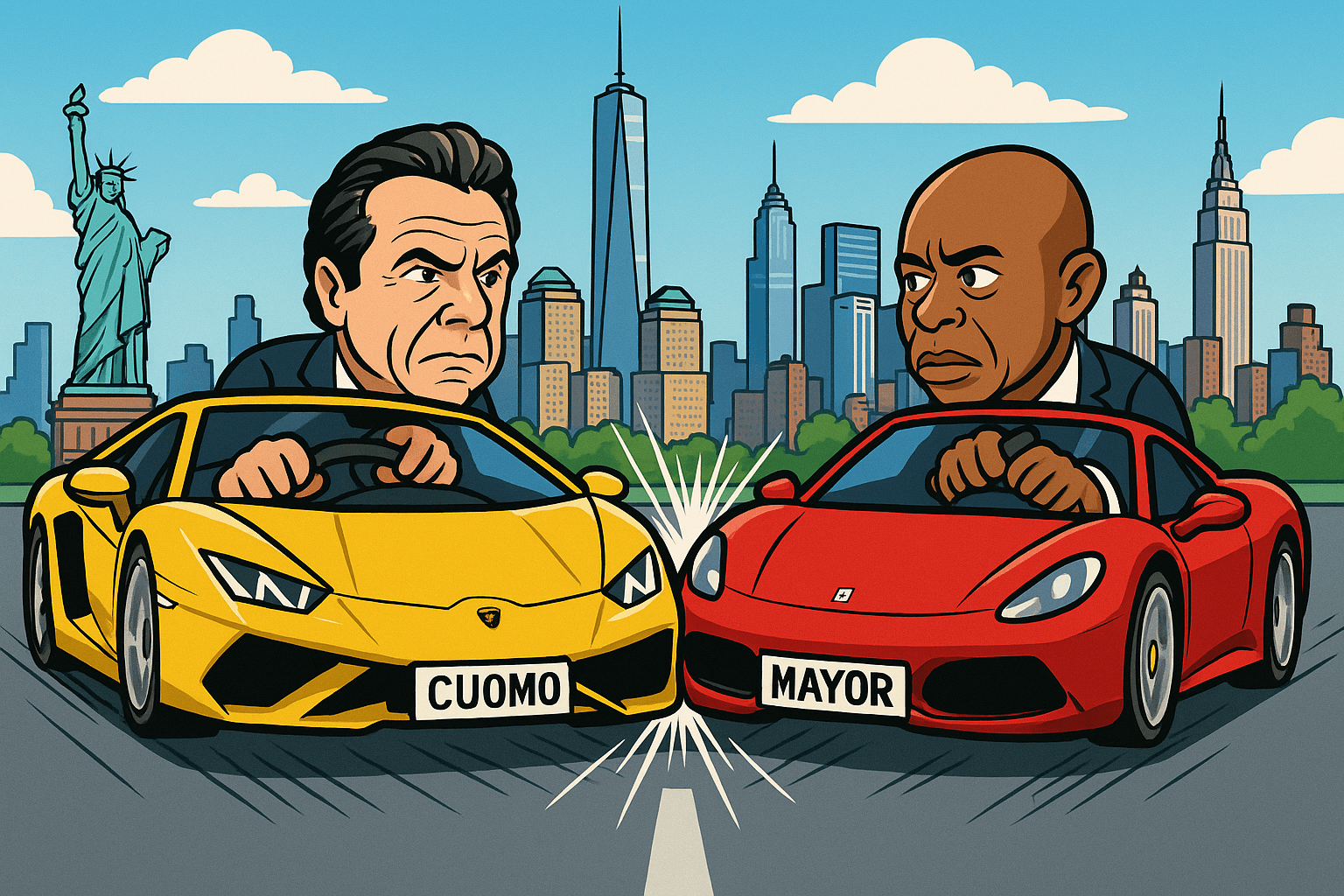Do You Know The Difference between Communism and Socialism?

Socialism. Communism. Few words are more misunderstood, mistreated, and mysterious in American politics.
To many, they are words to be hurled with unbridled contempt. To declare something or someone socialist is tantamount to a Black Spot. It ends conversations precisely when they should be beginning.The maltreatment and mystification of these words has brought them back into popular conversation and consideration. Whether it is the president being accused of socialist policies or the Pope being called a Marxist for saying trickle-down economics hasn't helped the poor, the misconception surrounding these words has become commonplace in American society.
The young are especially drawn to socialism; according to a 2011 Pew Research Center survey, millennials view socialism more favorably than capitalism. Given how often and viciously these words are flayed in popular American discourse and the growing sympathy young Americans have for them, an obvious question arises: what do socialism and communism mean and what are their differences?
Firstly, definitions offered by the New Oxford American Dictionary:
Socialism, noun: a political and economic theory of social organization that advocates that the means of production, distribution, and exchange should be owned or regulated by the community as a whole. Communism, noun: a political theory derived from Karl Marx, advocating class war and leading to a society in which all property is publicly owned and each person works and is paid according to their abilities and needs.Socialism focuses on the shared ownership of economic production as the basis of an economic society. Communism, on the other hand, as Marx wrote in
The Communist Manifesto in 1848, “can be summed up in the single sentence: Abolition of private property.”
Still, there are some similarities that should be noted. Marx’s ideas of communism are, like socialism, extensions of French Revolutionary thought (even the political label, “communist”, is derived from French). Both terms are described as political theories, and they are indeed related.
However, socialism is a vague word representing a huge spectrum of thought, under which communism can be found. Communism, on the other hand, has both positive and normative characteristics.
For Marx, communism was both desired and inevitable. For the early socialist thinkers (derisively called “utopian socialists” by Marx and Engels) like Thomas More, Robert Owen, and Charles Fourier, communism was an end-state -- an ideal goal -- but they were short on or resistant to ideas of political action or outright revolution.
In short, there is not so much a spectrum of communism as there are slightly varying versions of an idyllic image of how society should (or inevitably will be) organized. It’s true that for many, if not the majority of socialists, communism is the ideal endpoint, but that’s not always the case.
For the types of socialism yearning for communism, there is perhaps no bigger point of contention than the path to communism.
For Marxists, the only way communism can come about is by having proletarians (working class) form a social and political class that “wins the battle of democracy” and thus acquires political power. Using their political power, proletariats overthrow capitalism and, measure by measure, introduce socialistic policies, which would steadily make the state as it was known under the bourgeois crumble and disappear until only communism was left.
Thus, for Marx, socialism is a stage in the transition between the fall of capitalism and the establishment of communism.
Leninists, on the other hand, did not believe that the proletarian class could become politically aware of the capitalist bourgeois system exploiting them without the political leadership of a “party vanguard” made up of already conscious proletarians and ideological socialist intellectuals.
Instead of waiting for the proletarians to bring communism to themselves, this small vanguard would seize control of the state and use its coercive powers to bring communism to the proletarians.
Finally, there is libertarian socialism.
If socialism is imagined as a linear spectrum, Leninism would be on one end and libertarian socialism on the other. Libertarian socialists completely reject the notion that socialism, much less communism, can be dictated and imposed in a top-down fashion, especially through the coercive mechanisms of the state. The only way genuine, self-sustaining socialism can come about is through a popular, immediate overthrow of the state.
In short, where Marx argues that there must be a transition where members of the proletariat seize state power, libertarian socialists (i.e., social anarchists) believe that the state, and thus all coercive mechanisms, must be destroyed from the very beginning.
It is not uncommon for philosophical words to be twisted in political discourse for propaganda purposes. There is a long history in the U.S. of redefining words like conservative, progressive, liberal, communism, and socialism. It has become so common that even the online dictionary has socialism and communism as synonyms, which misleads the public on the true meaning of these words.




